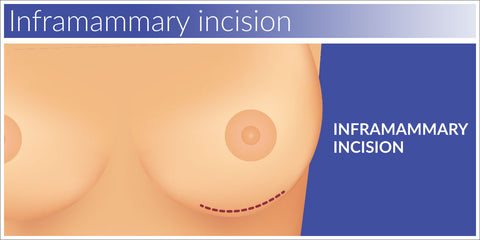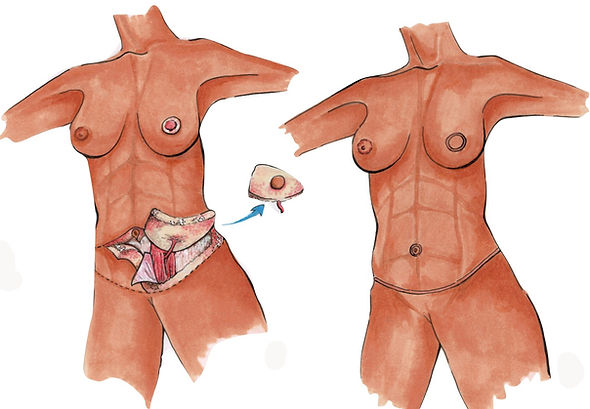
This article will help you stop crying. This article will help to explain the three types tears that you can experience: emotional, reactive, and irrepressible. Epiphora is also covered. It is important to recognize the difference between these types of tears so you can treat them accordingly. However, if you are still experiencing persistent tears, you should see a doctor immediately. If the problem persists you have several options to stop the tears.
Reflex tears
Reflex tears are natural tears we produce when exposed to external stimuli. These tears are important for protecting the eyes from dirt and irritants. They also protect our eyes from infections. They don't have the same lubricating properties as other tears so they are often small and do not provide lubrication. Reflex tears are not only inconsequential and insignificant, but they can also be dangerous if produced excessively.

Irritating tears
Tears are a natural response to eye irritation. During the process of crying, fluid fills the eye. This fluid can make an eye condition worse and increase irritation. There are other possible causes for burning eyes, such as dryness and environmental irritants, like soap and allergies. In either case, it's best to see a healthcare professional as soon as you experience these symptoms. These symptoms may be signs of a serious medical condition, or they could be a sign of an underlying eye disease.
Tears of sorrow
Emotional tears are made up of hormones and proteins that can help us feel calm after we cry. Basal tears release the same hormones as reflexive crying, but they are much larger than basal. Scientists believe that emotional tears are produced by our emotions and may contain additional hormones or proteins. Tears contain the same composition as saliva, with proteins, oils, and adrenocorticotropic hormonal hormones.
Epiphora
Watery eyes are an annoying, but not-life-threatening problem. This happens when tears don't drain from the eyes properly and splash onto the eyelids. Epiphora can be described as a buildup of tears on the eyelids, and crusting or mattering of the eyelashes. The causes of watering eyes are many and varied. People can experience continuous watering. There are many natural remedies that can be used to treat epiphora.

Treatments
It is important to quickly diagnose and treat crying eyes. Even though tears are normal, intense or prolonged crying may indicate an eye condition. The tears we produce are meant to protect our eyes and lubricate our eyes, but emotional tears have other properties. They also contain extra proteins. Tears could also indicate a more serious condition. A doctor will diagnose the root cause of your condition and prescribe treatment.